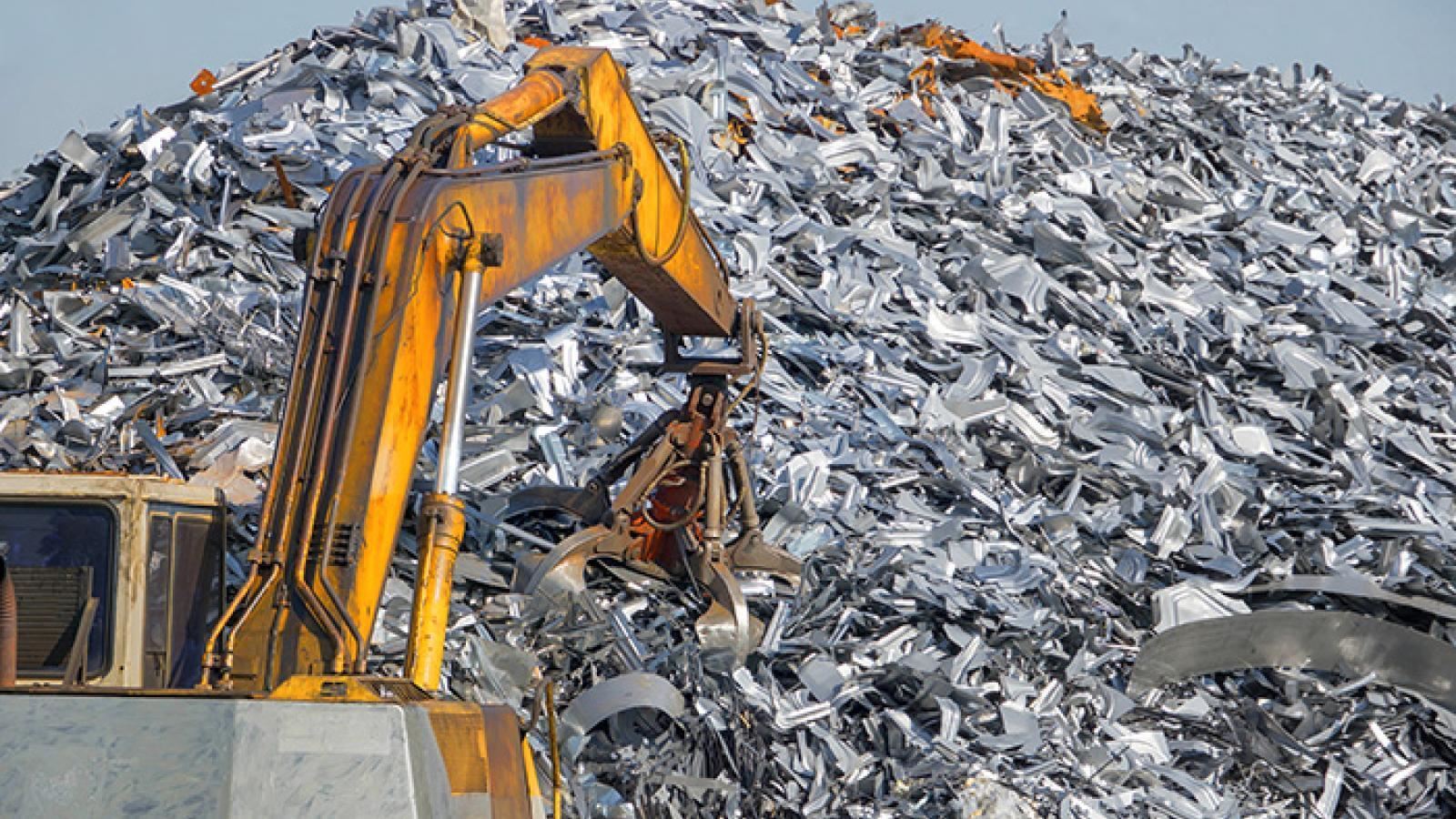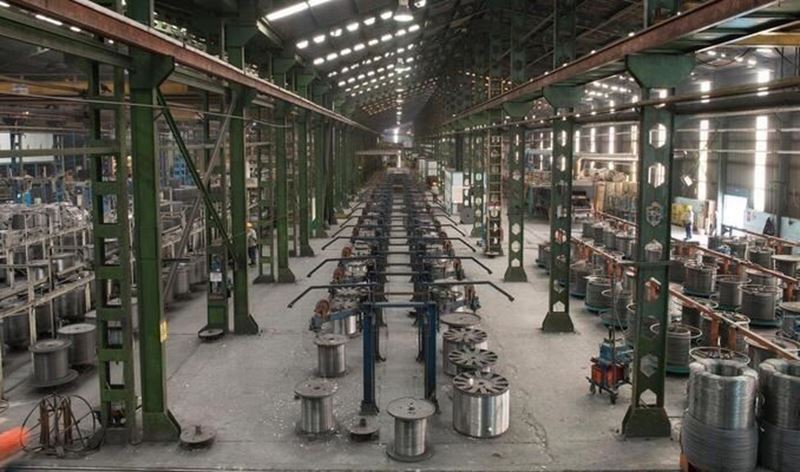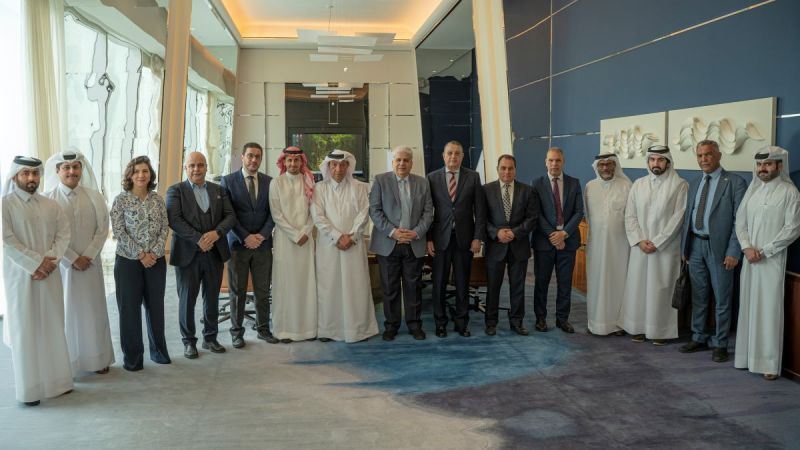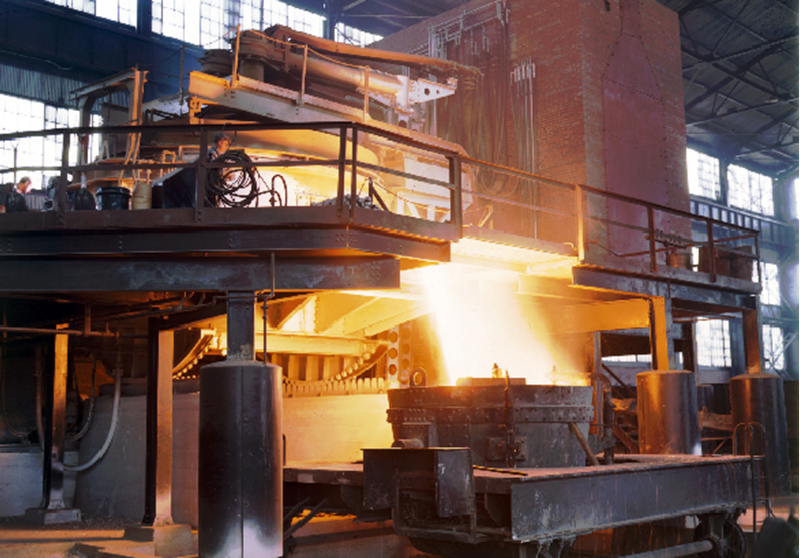India’s Goods and Services Tax (GST) Council has proposed the implementation of a Reverse Charge Mechanism (RCM) for taxing ferrous and non-ferrous metal scrap, a move that could have significant implications for the country’s scrap steel industry.
Under the current system, sellers are responsible for charging and remitting tax to the government. However, with the proposed RCM, buyers would be directly liable for paying the tax. This shift aims to streamline the tax collection process and curb tax evasion, especially in transactions involving unregistered scrap sellers.
Industry experts note that the new system could increase the financial burden on large steel mills that rely heavily on ferrous scrap, potentially impacting their cash flow and operational costs. These mills, as the primary buyers in the market, would need to adjust to the new tax responsibility.
On the other hand, the simplification introduced by the RCM may encourage more small-scale sellers to enter the formal scrap market, enhancing market liquidity and transparency overall.











Comments
No comment yet.